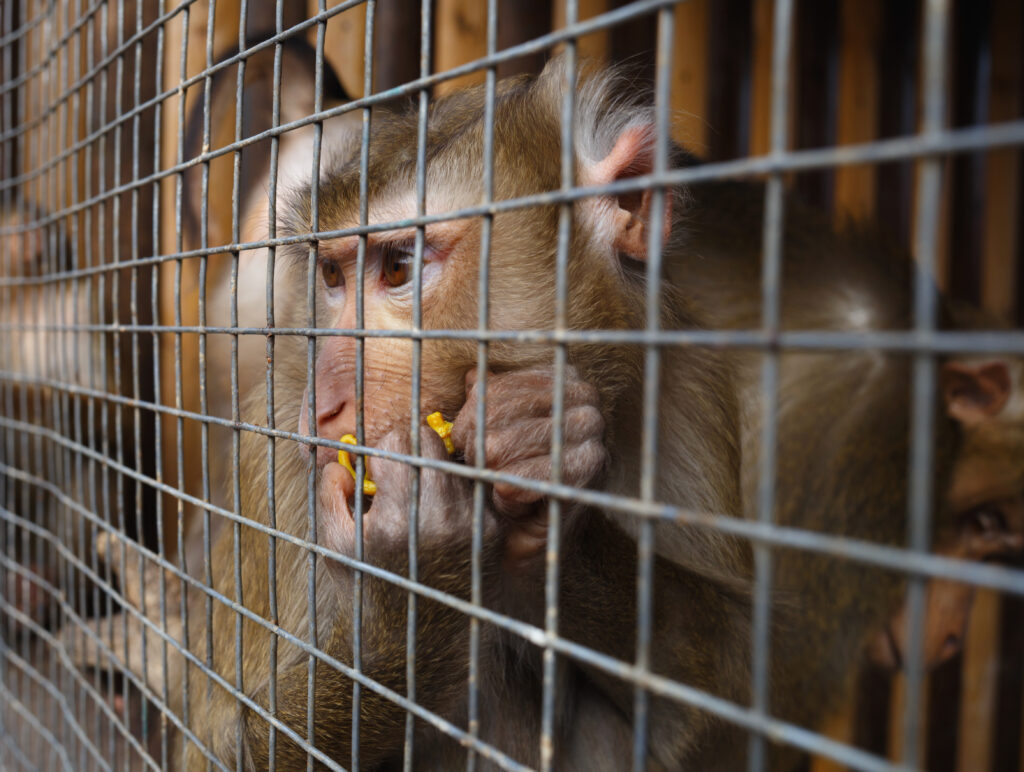Definitions
Illegal Pet Trade
 The USA is a huge exotic pet market. A 2020 survey carried out by the World Animal Protection non-profit found that there were, at this date, approximately 17.6 million exotic pets in 9 million households in America. 51% of these pets are reptiles and 26% are birds. The Animal Welfare Institute also points out that, while exotic bird imports into the US were banned by the Wild Bird Conservation Act (WBCA) of 1992, millions of them are still reaching the country illegally. Birds are the fourth most popular pet choice and represent the largest group of caged animals considered wild and/or exotic in the US.
The USA is a huge exotic pet market. A 2020 survey carried out by the World Animal Protection non-profit found that there were, at this date, approximately 17.6 million exotic pets in 9 million households in America. 51% of these pets are reptiles and 26% are birds. The Animal Welfare Institute also points out that, while exotic bird imports into the US were banned by the Wild Bird Conservation Act (WBCA) of 1992, millions of them are still reaching the country illegally. Birds are the fourth most popular pet choice and represent the largest group of caged animals considered wild and/or exotic in the US.
While many owners care for these exotic pets to the best of their abilities, it is important to remember that, regardless, the animals face the long and hazardous journeys referenced earlier. Furthermore, birds destined for the pet trade are often housed in bird breeding mills, similar to the vilified puppy breeding mills, where the hapless animals exist in rows upon rows of small, bleak cages. Within these mills, inhumane practices such as the removal of eggs or newly hatched chicks from their parents in order to increase the birds’ reproduction rates are commonplace.
Beyond Pets
Many animals are kept by humans for entertainment purposes. Popular and well-known examples are dolphins, elephants, tigers, and whales. Animals are also captured and killed for medicinal purposes. Again, elephants and tigers suffer from this practice – along with rhinos, and pangolins. Many species have been endangered or pushed almost to extinction by this practice including the pangolin. Unfortunately for this fascinating species, which is collected for its role in traditional medicine, the pangolin’s defense mechanism of curling into a ball when it is afraid, makes it horribly easy to capture.
Human Health Concerns
In addition to serious concerns about the health of the animals, both the legal and the illegal exotic animal trade posit human health concerns. The team from the BBC Wildlife magazine – Discover Wildlife – cites the World Health Organization which estimates that millions of deaths occur every year via zoonotic diseases. The World Animal Protectioncharity furthermore suggests that, “70% of emerging zoonotic diseases …are thought to come from wild animals.”
Social Media Hype
Call to Action

The plight of wild and exotic animals sourced both legally and illegally is dire. The statistics suggest that, sadly, as many as four out of five animals captured and transported through illegal trade will die either in transit or within a year of captivity. Clearly, this is not a number that as ethical, responsible human beings, we should be satisfied with.
The laws in some US states are inadequate and do not support the humane treatment of animals. Born Free USA quotes an alarming and disturbing statistic that, “in Texas alone, there are more tigers in captivity than there are in the wild globally.”
Thankfully, there are some things that we can do. Sites such as the World Animal Protection have practical advice to offer.
Firstly, they suggest that, should someone already own an exotic pet, they seek expert help and – it goes without saying – offer the animal the best life possible. They add that setting an exotic, non-native animal free is both infeasible and dangerous.
Some more general advice on what we can all do to end this tragic situation is:
- Make a “promise for wildlife” on the World Animal Protection’s site.
- Sign a petition to encourage stores such as PetSmart to end the sale of exotic pets.
- Sign a petition to ban the global trade of wildlife.
And, of course, support organizations such as SAFE Worldwide which speak out for wildlife protection.
References
American Humane. (2021, January 1). Ownership of wild, exotic, and non-traditional companion animals. https://www.americanhumane.org/position-statement/ownership-of-wild-exotic-and-non-traditional-companion-animals/
Animal Welfare Institute. (n.d.). Bird trade. awionline.org. https://awionline.org/content/bird-trade
Birch, S. (2020, November 13). Exotic pet trade poses health risks. Discover Wildlife. https://www.discoverwildlife.com/news/exotic-pet-trade-poses-health-risks/
Bird Life International. (n.d.). Illegal wild bird trade. https://flightforsurvival.org/threat/illegal-trade/
Born Free USA. (n.d.). Animals in captivity. https://www.bornfreeusa.org/campaigns/animals-in-captivity/exotic-pets/
Gorres, I. (n.d.). How the trafficking of pangolins reflects challenges in diplomacy. National Museum of American Diplomacy. https://diplomacy.state.gov/education/wildlife-trafficking-of-pangolins/
Faheid, D. (2021, July 4). The newest TikTok stars are exotic pets, but experts say that’s a problem. NPR. https://www.npr.org/2021/07/04/1012502556/tiktok-exotic-pets-videos-responsibility-of-ownership
Peta. (n.d). Inside the exotic animal trade. https://www.peta.org/issues/animal-companion-issues/animal-companion-factsheets/inside-exotic-animal-trade/
Schwingle, N. (n.d.). Why you should not buy a pet bird. https://www.onegreenplanet.org/animalsandnature/why-you-should-not-buy-a-pet-bird/
World Animal Protection. (2020, September 4). Why is it cruel to keep wild animals as pets? https://www.worldanimalprotection.org/blogs/why-it-cruel-keep-wild-animals-pets
World Animal Protection. (2021, January 19). World Animal Protection calls on PetSmart® to end the sale of exotic pets. https://www.prnewswire.com/news-releases/world-animal-protection-calls-on-petsmart-to-end-the-sale-of-exotic-pets-301211152.html
World Animal Protection US. (2020, July 9). Beyond wet markets: the many problems with the wildlife trade. https://www.worldanimalprotection.us/blogs/wet-markets-problems-wildlife-trade


